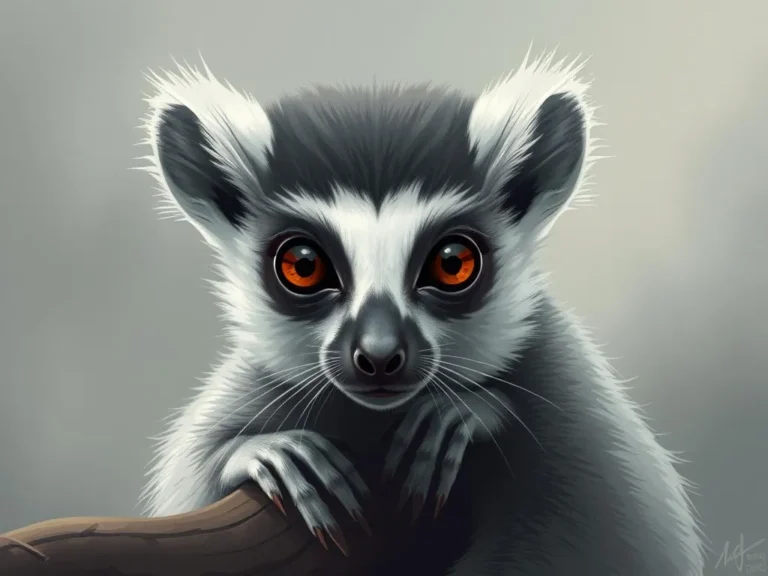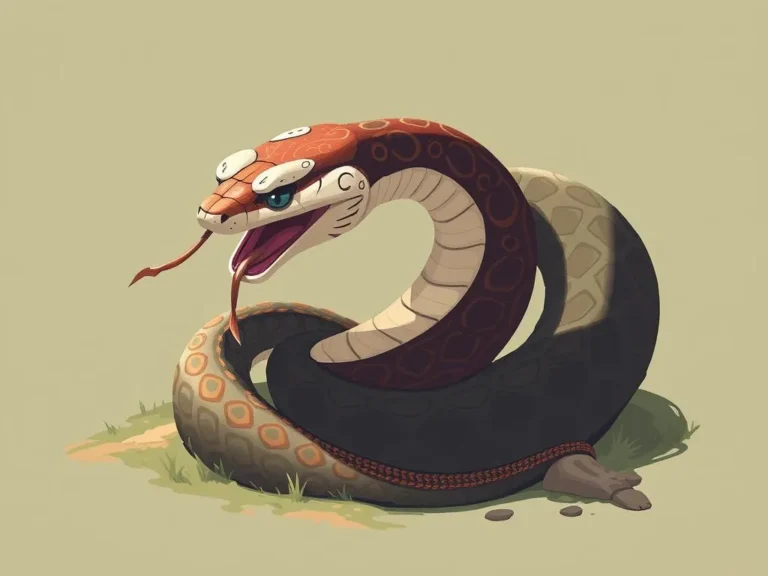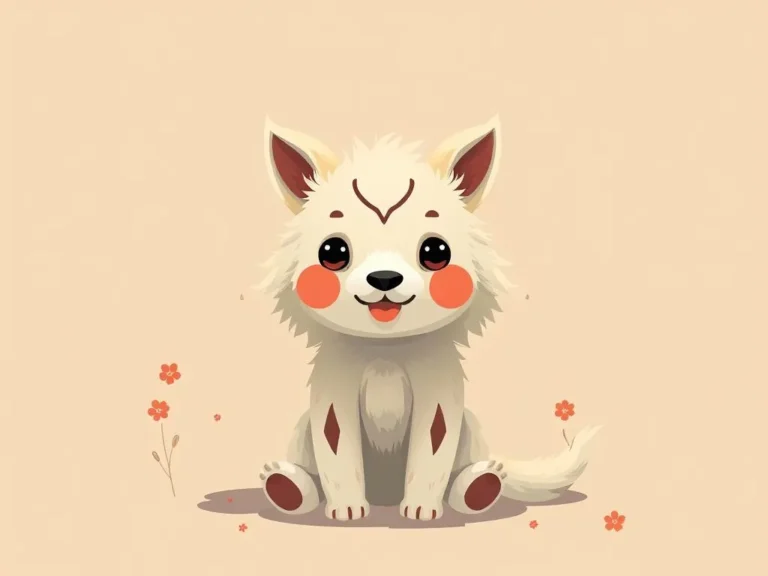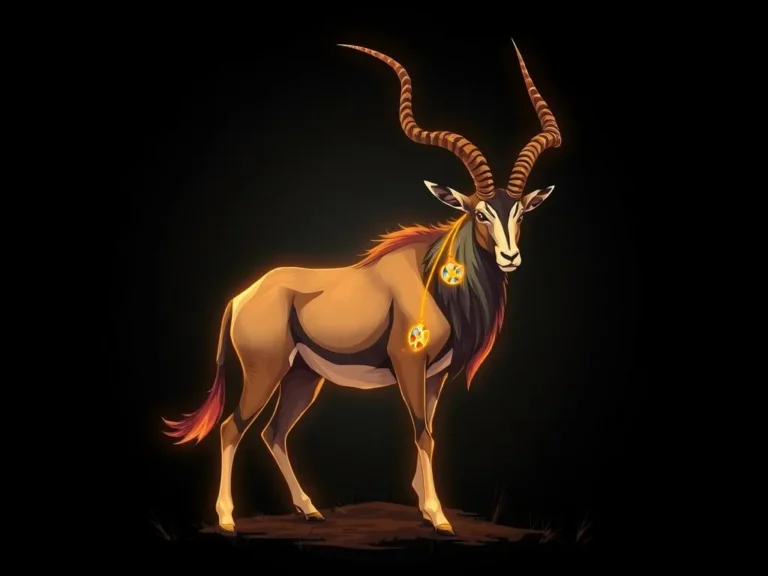Japanese Raccoon Dog Symbolism: Exploring the Mythical Meanings
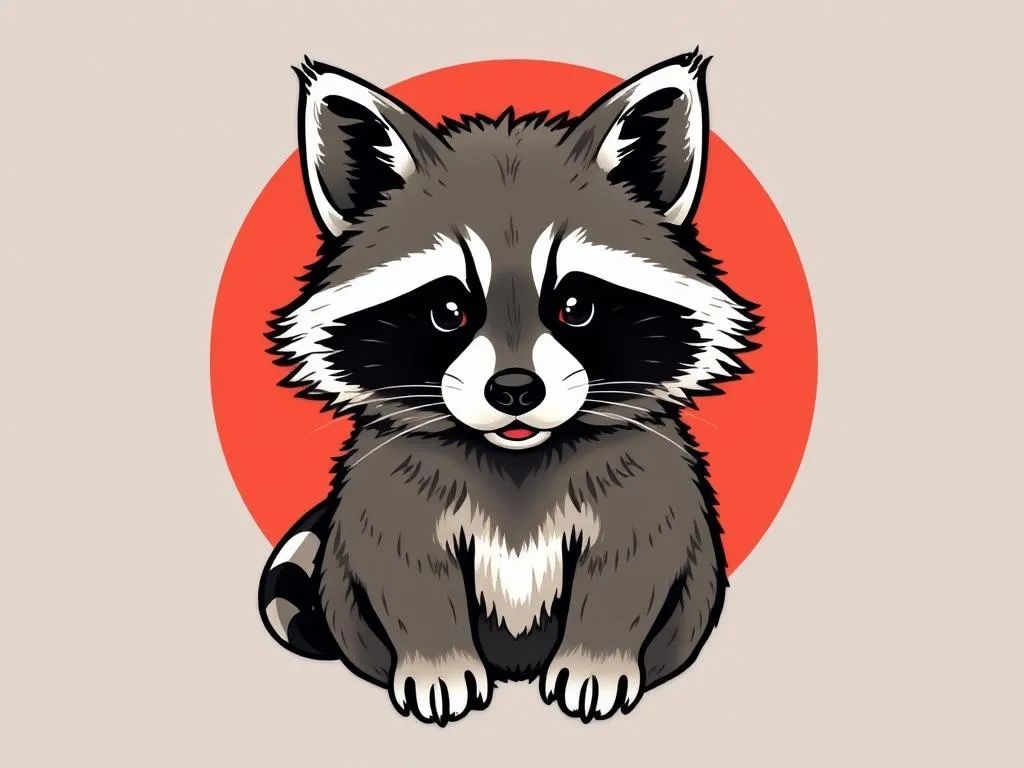
Introduction
The Japanese raccoon dog, also known as the tanuki, is a beloved figure in Japanese folklore and mythology. These mischievous, shape-shifting creatures have captured the imagination of people around the world, and their symbolic meanings are deeply rooted in the rich cultural heritage of Japan. Understanding the Japanese raccoon dog symbolism can provide valuable insights into the country’s traditions, beliefs, and worldview.
In this article, we will delve into the fascinating realm of tanuki symbolism, exploring the various interpretations and the significance of these captivating creatures in Japanese culture. By understanding the Japanese raccoon dog symbolism, we can gain a deeper appreciation for the nuances and complexities of this unique aspect of Japanese mythology.
The Origins of Japanese Raccoon Dog Symbolism
The Japanese raccoon dog, or tanuki, has been a part of Japanese folklore for centuries. These creatures are often depicted as mischievous, shape-shifting beings with oversized scrotums and the ability to transform into various objects or human forms. The tanuki is believed to have originated from the indigenous Ainu people, who revered these animals as spirits of the forest.
In traditional Japanese mythology, the tanuki is associated with a wide range of symbolic meanings, ranging from prosperity and good luck to trickery and mischief. The Japanese raccoon dog symbolism is deeply rooted in the country’s Shinto and Buddhist traditions, where these creatures are seen as both benevolent and mischievous spirits.
Prosperity and Abundance
One of the most prominent Japanese raccoon dog symbolisms is the association with prosperity, abundance, and good fortune. The tanuki is often depicted with a large, round belly, which is believed to represent wealth, generosity, and the ability to accumulate resources. In many Japanese communities, statues of tanuki are placed outside businesses or homes as a way to invite prosperity and financial success.
The tanuki’s association with prosperity is also linked to its ability to transform and shape-shift. In some legends, the Japanese raccoon dog is said to have the power to create wealth and riches through its magical abilities. This symbolism of transformation and the ability to create something from nothing is seen as a powerful representation of the tanuki’s connection to abundance and prosperity.
Trickery and Mischief
While the Japanese raccoon dog is often associated with positive qualities, it is also known for its mischievous and trickster-like behavior. In many folklore tales, the tanuki is depicted as a cunning and mischievous creature, using its shape-shifting abilities to play tricks on unsuspecting humans.
The tanuki’s association with trickery and mischief is often seen as a reflection of the duality of human nature. The Japanese raccoon dog symbolism in this context might mean the importance of maintaining a balance between serious and playful aspects of life, and the recognition that even the most mischievous behavior can serve a deeper purpose.
Harmony with Nature
Another significant aspect of Japanese raccoon dog symbolism is the creature’s connection to the natural world. The tanuki is often depicted as a guardian of the forest, a spirit that embodies the harmony and balance of the natural environment.
In Shinto beliefs, the tanuki is seen as a messenger of the kami, the divine spirits that are believed to reside in all aspects of the natural world. The Japanese raccoon dog symbolism in this context might suggest the importance of respecting and maintaining a harmonious relationship with nature, and the recognition that humans are an integral part of the natural ecosystem.
Transformation and Adaptability
The Japanese raccoon dog’s ability to transform and shape-shift is a central aspect of its symbolic meaning. In many legends, the tanuki is depicted as a master of disguise, able to take on the appearance of various objects, animals, or even human beings.
This Japanese raccoon dog symbolism of transformation and adaptability might suggest the importance of being flexible, open-minded, and able to navigate the ever-changing circumstances of life. The tanuki’s shape-shifting abilities are often seen as a metaphor for the ability to adapt and thrive in the face of adversity or unexpected challenges.
Playfulness and Lightheartedness
The Japanese raccoon dog is also often associated with playfulness, lightheartedness, and a joyful approach to life. In many depictions, the tanuki is shown engaging in playful antics, such as playing musical instruments or drinking sake (Japanese rice wine).
This Japanese raccoon dog symbolism might suggest the importance of maintaining a sense of wonder, curiosity, and childlike playfulness, even in the face of life’s more serious challenges. The tanuki’s ability to find joy and laughter in the everyday can be seen as a reminder to embrace the lighter side of life and not take ourselves too seriously.
Conclusion: Embracing the Spirit of the Japanese Raccoon Dog
The Japanese raccoon dog, or tanuki, is a rich and multifaceted symbol in Japanese culture, representing a diverse range of meanings and interpretations. From its associations with prosperity and abundance to its connection to trickery, mischief, and harmony with nature, the tanuki embodies the complex and nuanced aspects of Japanese mythology and belief systems.
By understanding the Japanese raccoon dog symbolism, we can gain valuable insights into the cultural, spiritual, and philosophical underpinnings of Japanese society. Whether it’s the tanuki’s ability to transform and adapt, its playful and lighthearted spirit, or its role as a guardian of the natural world, these symbolic meanings can inspire us to approach life with a greater sense of flexibility, wonder, and appreciation for the interconnectedness of all things.
As we continue to explore and appreciate the Japanese raccoon dog symbolism, we can learn to embrace the spirit of the tanuki in our own lives, cultivating a deeper understanding of the rich cultural heritage of Japan and the timeless wisdom it has to offer.
